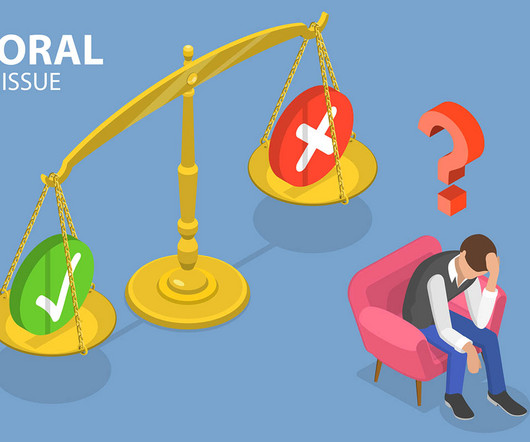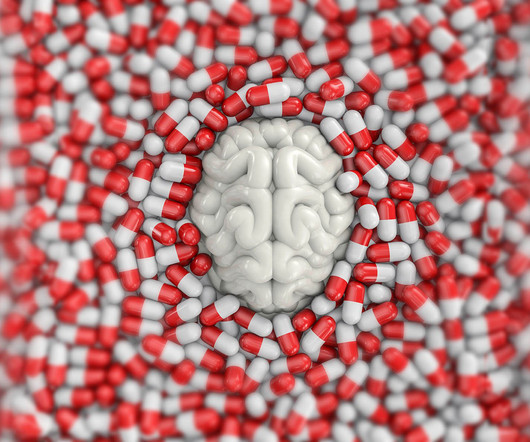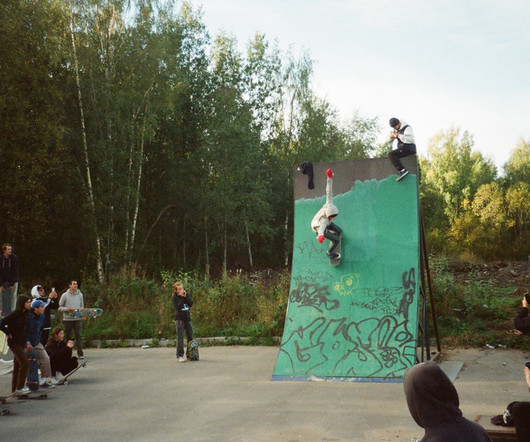Power, Privilege & Controlling the Narrative: Vested Interests in ‘Mental Health’
Mad in America
MAY 12, 2025
It was written by David Hansen, a crisis worker at a person-centred, survivor-led mental health crisis service. I have tasked myself with mapping out my understanding of how therapy and mental health relate to politics. Mental health is also political. Is therapy political? Is therapy political?













Let's personalize your content